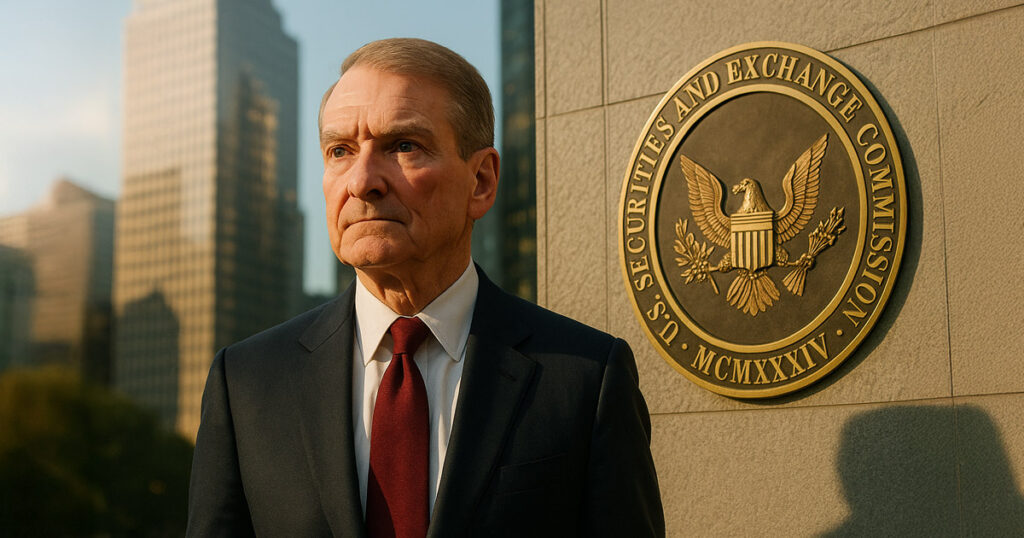The US Securities and Exchange Commission (SEC) Chairman, Paul Atkins, recently emphasized the importance of self-custody in the cryptocurrency space during the agency’s fifth cryptocurrency roundtable on June 9. Atkins highlighted the significance of holding crypto assets without the need for intermediaries, stating that this concept should be a fundamental aspect of US law.
In his address titled “DeFi and the American Spirit,” Atkins drew parallels between decentralized finance (DeFi) and America’s longstanding traditions of private property rights and open markets. He underscored the decentralized nature of blockchains, which serve as peer-to-peer databases for recording ownership of digital assets without centralized control. Atkins also pointed out that participants in these networks engage in a competitive fee marketplace to validate transactions and maintain ledger accuracy.
Atkins firmly stated, “The right to have self-custody of one’s private property is a foundational American value that should not disappear when one logs onto the internet.” He criticized the previous administration’s approach to regulating the industry, which he claimed discouraged participation through enforcement actions that categorized mining, validating, and staking services as securities activities.
The SEC chair urged the commission to develop regulations that are based on congressional authority rather than informal staff comments. He argued that forcing intermediaries into transactions introduces unnecessary costs and limits the functionality of on-chain operations like staking. Atkins also criticized regulatory actions that labeled wallet developers as unregistered brokers, emphasizing that simply publishing software should not trigger securities obligations.
To encourage innovation in the space, Atkins directed the SEC staff to create an “innovation exemption” that could provide conditional relief for companies launching on-chain products. He also supported amendments that would enable intermediaries to migrate settlement and clearing processes to blockchains, streamlining operations and enhancing liquidity.
In conclusion, Atkins emphasized the importance of formal rulemaking through notice-and-comment procedures to establish a durable policy framework for self-custody and decentralized finance within the securities industry. He assured that the SEC would continue to prioritize investor protection while embracing the opportunities presented by blockchain technology.

